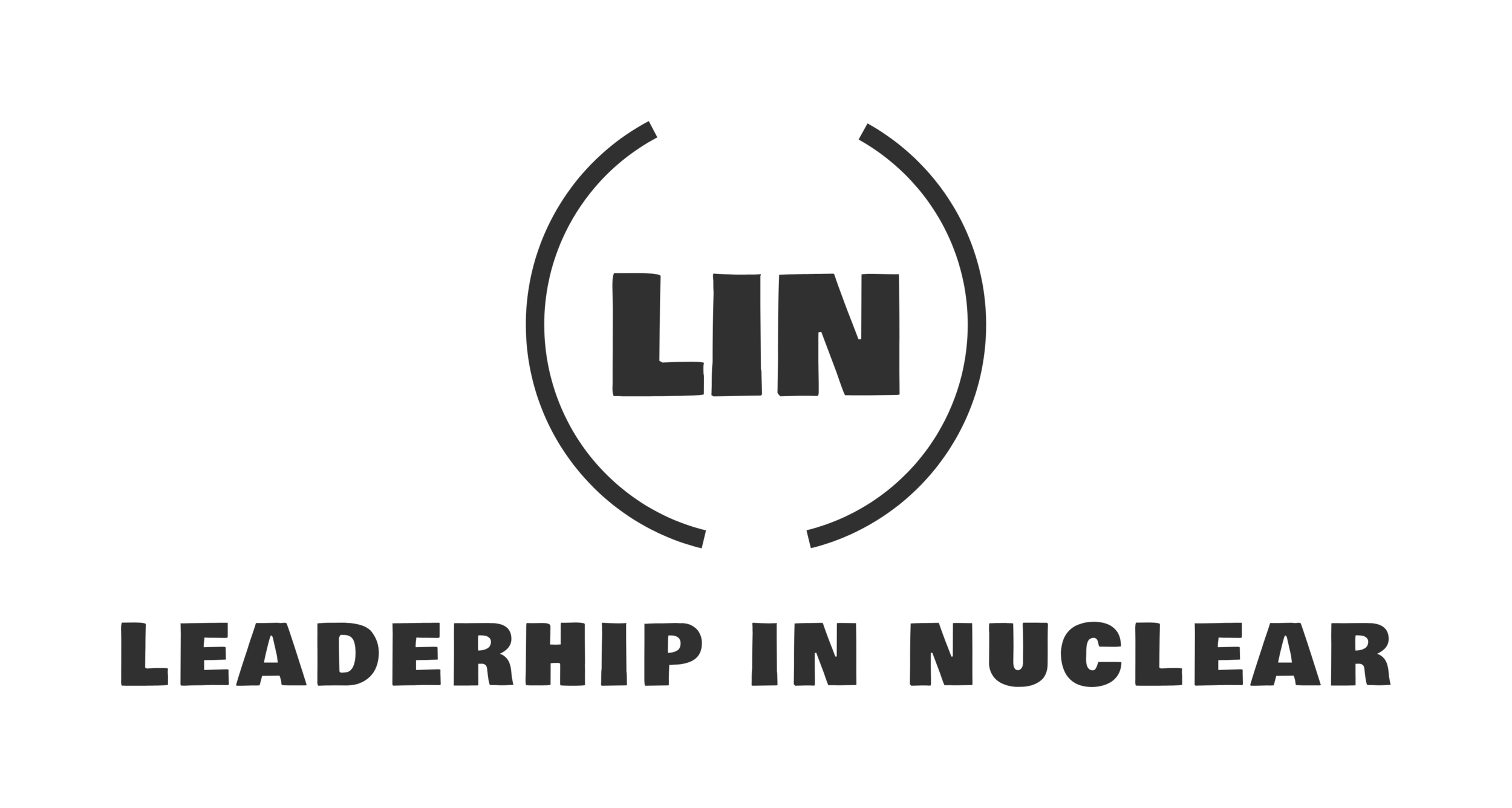How to build leadership skills in the nuclear industry
The Nuclear industry is unique in the sense that safety-related issues can cause severe damages. The accidents in Chernobyl and Fukushima are examples of that.
These accidents might not have happened with the right kind of leadership.
I will not describe the details behind these accidents. However, in some sense, leadership had an impact on the occurrence and the outcomes.
Everything rises and falls with leadership. That is why leadership development is essential, especially in the nuclear industry.
To become an executive leader, you need to have a certain amount of experience and knowledge. Speaking from my own experience, I conducted a 3-year training program to become an executive leader. Here are the things that I have appreciated the most during my leadership development.
Theoretical skills
Besides my University degree in Master of Science in Mechanical engineering, I have undertaken several courses regarding plant knowledge. Turbine operator training, reactor operator training, advanced nuclear physics, etc.
The reason is to know the plant design and be able to understand the strengths and weaknesses. Thereby you can identify potential safety-related issues.
However, you have to be aware of the possibility of falling into micromanaging when you develop so many technical skills.
Trust is the foundation of leadership, and by asking detailed questions, you might be interpreted by the employees that you don´t trust them.
I have seen many examples where the best engineer also becomes the manager. Since 80% of your result depends on your people skills, “the best engineer manager,” recruitment might not be beneficial for the outcome. It takes courage to change this pattern since the “best engineer manager” also tends to recruit people like himself (usually it´s a he, but more and more girls are coming into the industry).
The best leaders I know, have more people skills than technical skills. They make sure to surround themselves with other technical experts who can answer difficult questions. That way, they gain credibility and can focus on delegating and building engagement among the employees.
Decision making
I practiced operational decision making when I was the outage manager for one of the units. Every year each power plant refuels 1/5 of the core, together with a lot of maintenance work.
Preparing and planning for the 3-week outage, where an additional 1000 contractors comes to the power plant, requires many decisions. Leading a project group, during an outage requires a great deal of operational decision making.
When you succeed, it is like being a conductor of a big orchestra, everything is in sync, and the cooperation creates lovely music.
Stress awareness
Emergency preparedness training has made me more resistance to stress. This training is carried out in the simulator, and the primary purpose is to cope with severe accident scenarios. Once you learn how you can use the stress to your advantage, you will experience a laser-sharp focus that will work in your favor.
This training has also made me stronger in other areas in life because I know that you I be able to handle almost any obstacles that come your way.
Organizational skills
A perfect way to learn more about the organization is to rotate to different departments. In that way, you get to know the people and their responsibilities. You will be able to understand the processes and what´s working and not.
You can be a catalyst for change and help others to succeed, and by doing so, you will succeed.
Another advantage to lead different groups is that you develop your leadership skills based on the groups you are leading. A mature group requires different leadership skills than a new group.
I experienced this a couple of years ago when and had to change my leadership approach from trust and strategic based leadership to a more managing and direct approach.
Many leaders have only one way to lead, and that might work for a specific group but is wrong for another. It is, therefore, essential to develop your leadership skills.
The more tunes you can play on your leadership instrument, the better.
Safety awareness
During my training, I got the chance to work beside my boss and study his work. He took me to different meetings, with safety-related issues. Sometimes he let me chair the meeting while he was still in the room.
Now I understand that he was strategic in my development. First, he did, and I was with him. Then I did, and he was with me, and then I did it without him. Now I do it by myself and have my apprentice with me.
-Leaders develop new leaders
Advanced leadership skills
I have participated in several leadership programs over the years. These programs have made me interested in my leadership development. The more I learned, the better the result became since I turned my knowledge into action. I started to think if I studied leadership in my free time, would I be even better, and the answer was yes.
Many leaders think they can attend different leadership courses, and that is enough. Leadership is a skill that you can train, and the more you train, the better you will become.
Study every day, and I promise you that you will differentiate yourself from other leaders.
Adversity
I have participated in 3 different review missions at other nuclear power plants. During these missions, I was responsible for reviewing specific areas against international standard and best practice. Not only did I learn how other power plants conducted their work, but I also learned a lot about myself.
Working under pressure and delivering high-value results makes you stronger, especially in an environment with competent peer groups.
My take away, in a nutshell, is that you should deliberately put yourself into adverse situations to grow and learn faster. Stretch your comfort zone and reflect continuously, and you will experience massive growth.
Remember that you grow yourself into opportunity.
Good luck!
